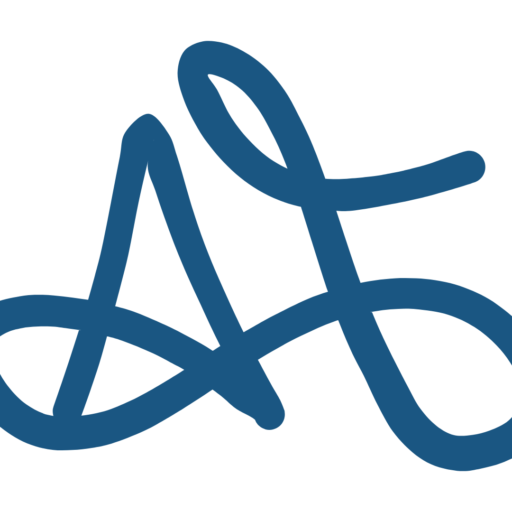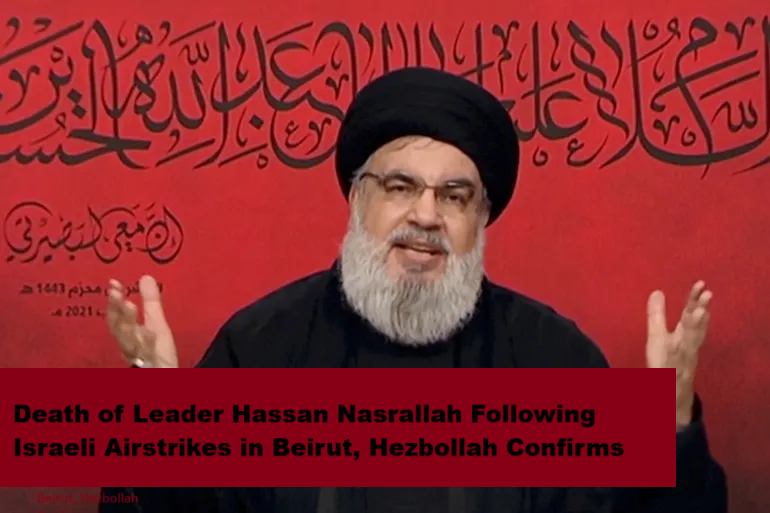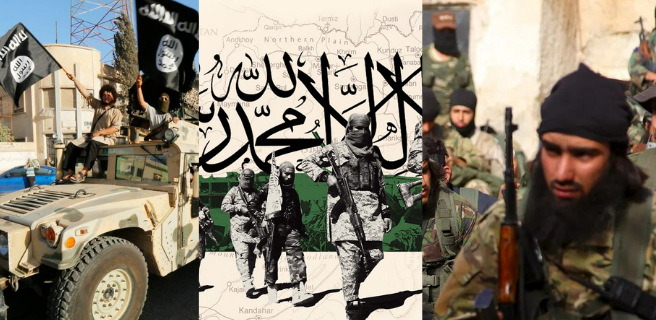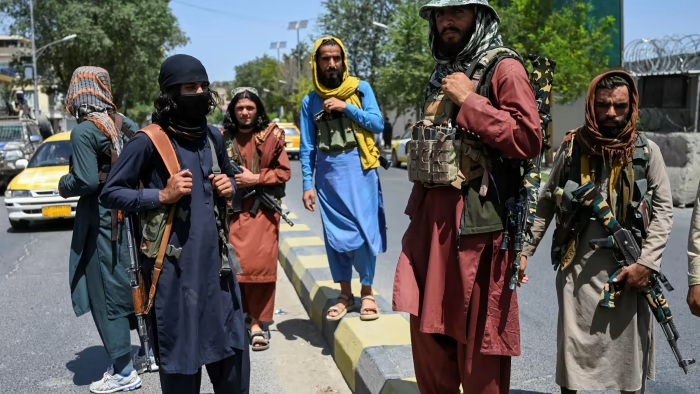Beirut, Lebanon — The confirmed death of Hassan Nasrallah, the long-time Secretary-General of Hezbollah, has plunged Lebanon into a state of uncertainty, leaving the nation grappling with its future amidst a backdrop of ongoing political, economic, and social crises. As the country mourns the loss of a prominent leader, questions arise about the path forward for Lebanon and the implications of this pivotal moment.
A Nation in Crisis
Lebanon is already facing one of the worst economic crises in its history, characterized by soaring inflation, rampant unemployment, and a collapse of public services. The World Bank has described the situation as a “deliberate depression,” with the Lebanese pound losing over 90% of its value since 2019. The fallout from Nasrallah’s death adds another layer of complexity to an already dire situation, as the country’s political landscape remains fractured and contentious.
Political Implications
Nasrallah’s death leaves a significant void in Hezbollah’s leadership, raising concerns about internal stability within the organization. The absence of his unifying presence may exacerbate existing rivalries and factions within Hezbollah, which could lead to infighting and a weakened political strategy.
Lebanon’s political system has long been characterized by sectarian divisions, and Nasrallah’s leadership helped to maintain a degree of cohesion among Hezbollah’s diverse supporters. The new leadership will need to navigate these divisions carefully to maintain any semblance of political stability.
Hezbollah’s influence extends beyond Lebanon, playing a crucial role in regional conflicts, particularly in Syria and against Israel. The new leadership must contend with the strategic implications of Nasrallah’s death, especially regarding Hezbollah’s military posture and relationships with Iran and other allies.
Socio-Economic Challenges
The challenges facing Lebanon are immense, and the new leadership will be tasked with addressing critical issues.
The pressing need for economic reform is paramount. The new leader must prioritize measures to stabilize the economy, restore public confidence, and seek international assistance while addressing the needs of the Lebanese populace.
Widespread protests have rocked Lebanon over the past few years, fueled by anger over corruption and mismanagement. The incoming leadership will need to engage with civil society and address public grievances to avoid further unrest.
Lebanon is also grappling with a humanitarian crisis exacerbated by the influx of Syrian refugees. The new leadership must address the needs of vulnerable populations while maintaining stability in a country already stretched thin.
Potential Successors: Who Will Lead Hezbollah?
As Hezbollah navigates the uncertain waters of leadership transition, several key figures are being considered as potential successors to Nasrallah. The decision will not only impact the group but could also reverberate throughout Lebanon’s political arena.
Naim Qassem:
- Currently serving as Hezbollah’s Deputy Secretary-General, Qassem is one of the most likely candidates to assume leadership. He is a trusted ally of Nasrallah and has been involved in the group since its formation. His experience and deep-rooted connections within Hezbollah position him as a frontrunner for the role.
Mohammad Raad:
- Head of the Loyalty to the Resistance Bloc in the Lebanese Parliament, Raad has considerable political experience and influence. His role in Hezbollah’s parliamentary strategies could make him a key player in the leadership race, especially in maintaining the group’s political relevance.
Abbas al-Moussawi:
- Although primarily known as a familial connection to Hezbollah’s early leadership, Moussawi’s involvement and influence within the group could present him as a potential successor, particularly if he can rally support from Nasrallah’s loyalists.
Military Commanders:
- Senior military figures, such as Wafiq Safa, may also be considered for leadership roles, especially if Hezbollah seeks to maintain its strong military focus amid rising tensions with Israel and other regional adversaries.
A Call for Unity
As Lebanon stands at this critical juncture, the need for unity and reconciliation among various political factions becomes increasingly important. The new leader of Hezbollah will have a crucial role in shaping the narrative and direction of the party, and their decisions will resonate throughout the country.
The death of Hassan Nasrallah marks a turning point in Lebanon’s tumultuous history, with the future of the nation hanging in the balance. As Hezbollah prepares for a leadership transition, the impact on Lebanon’s political and socio-economic landscape remains uncertain. The coming months will be critical as the nation seeks to redefine its path forward amid a complex web of challenges, and the actions taken by the new leadership will be instrumental in determining the course of Lebanon’s future.




